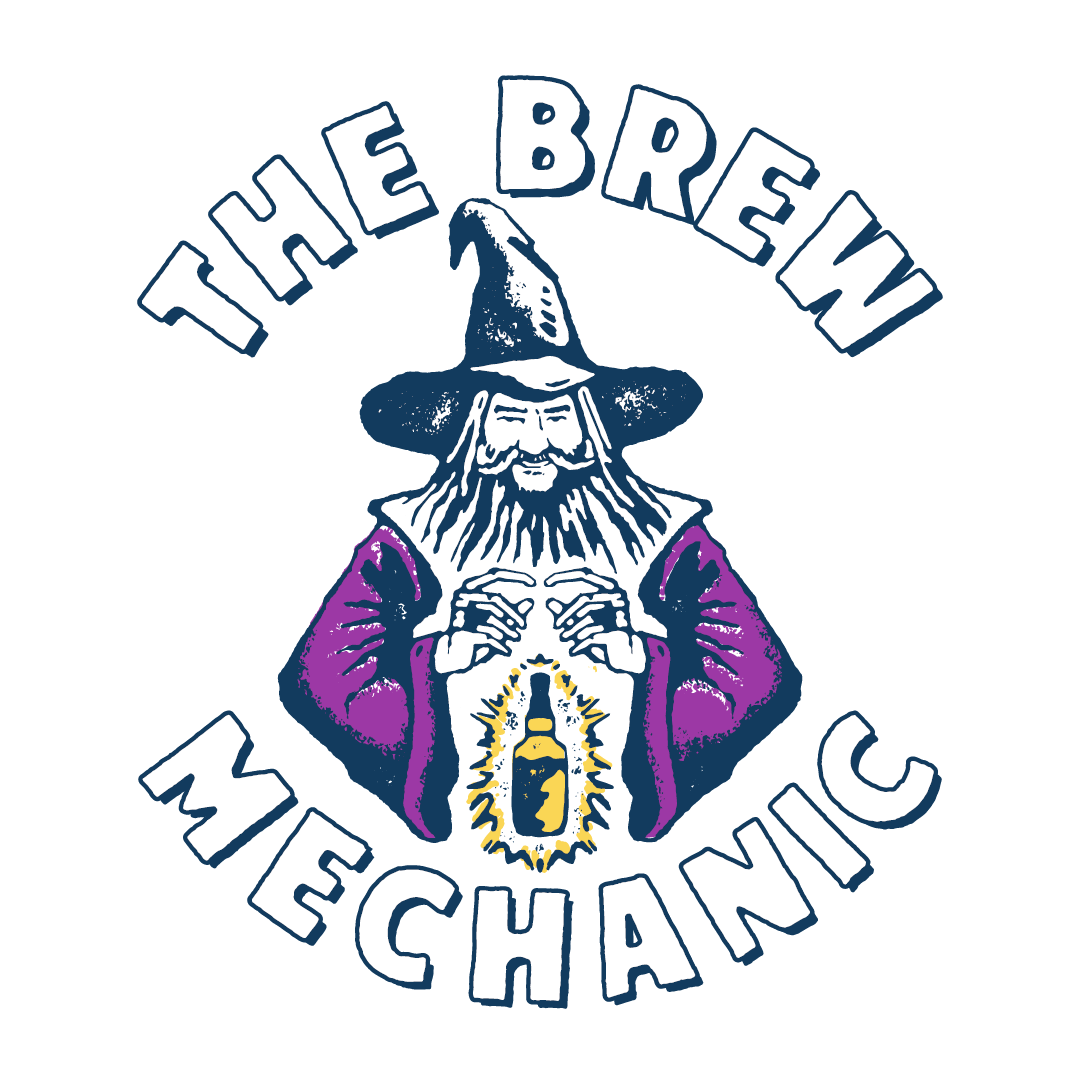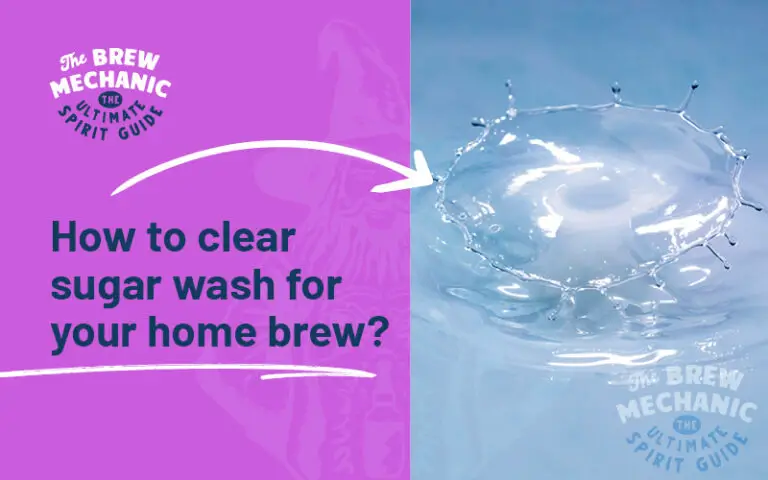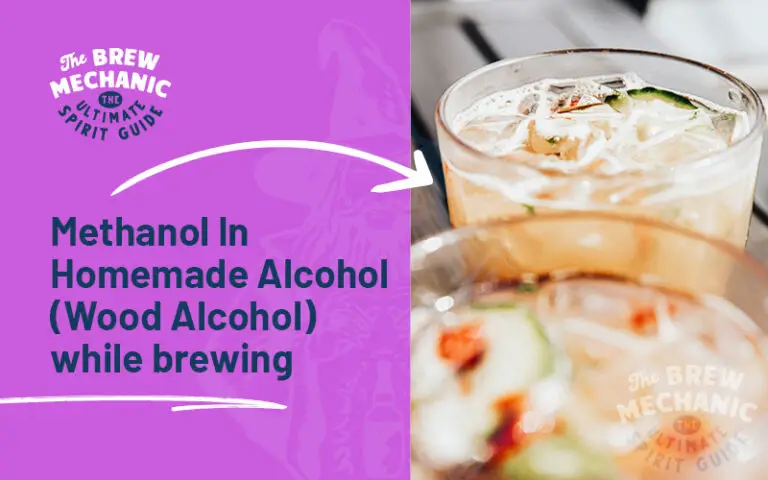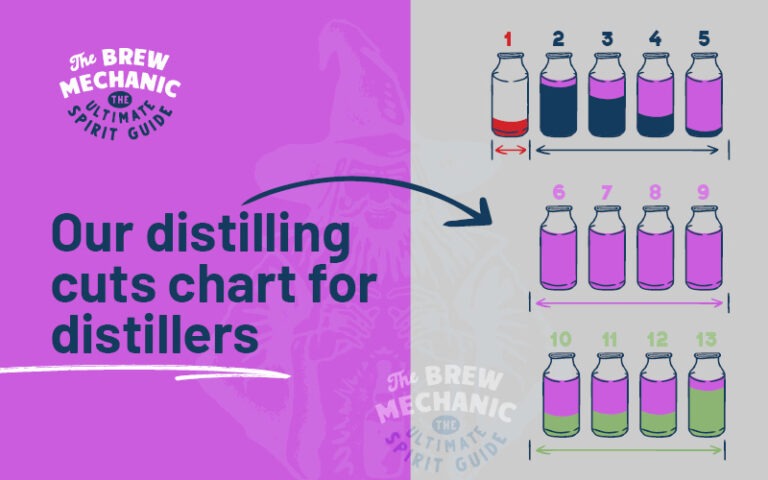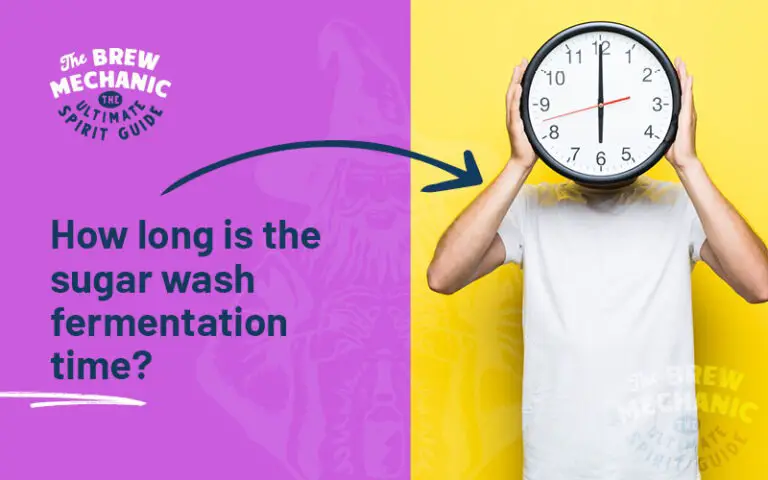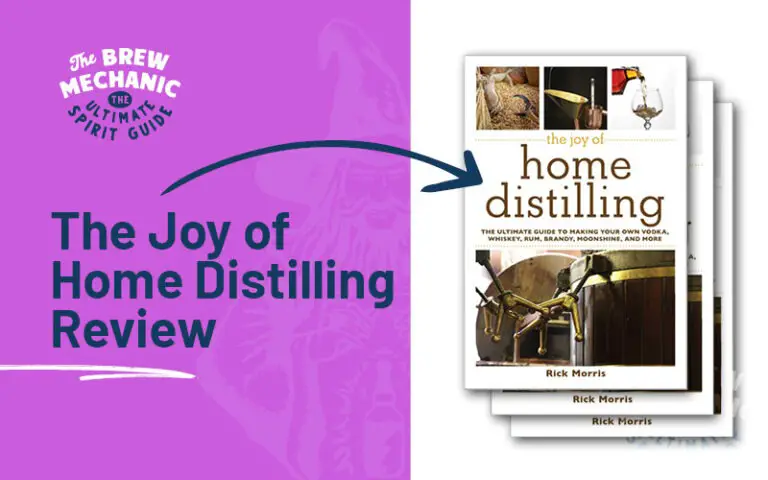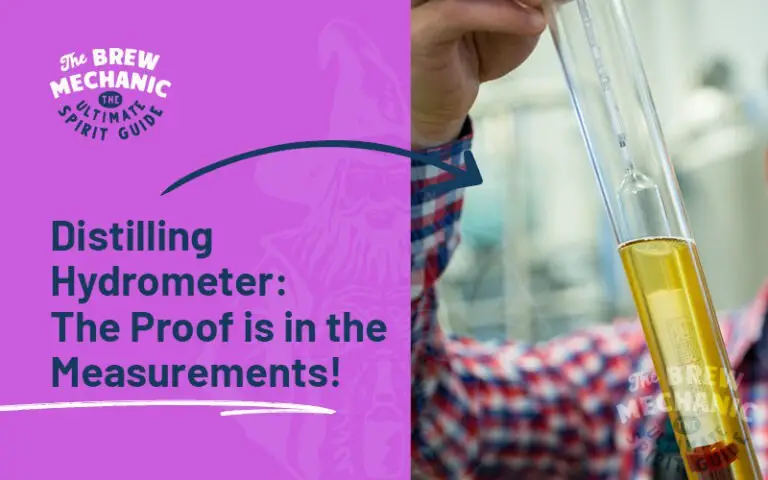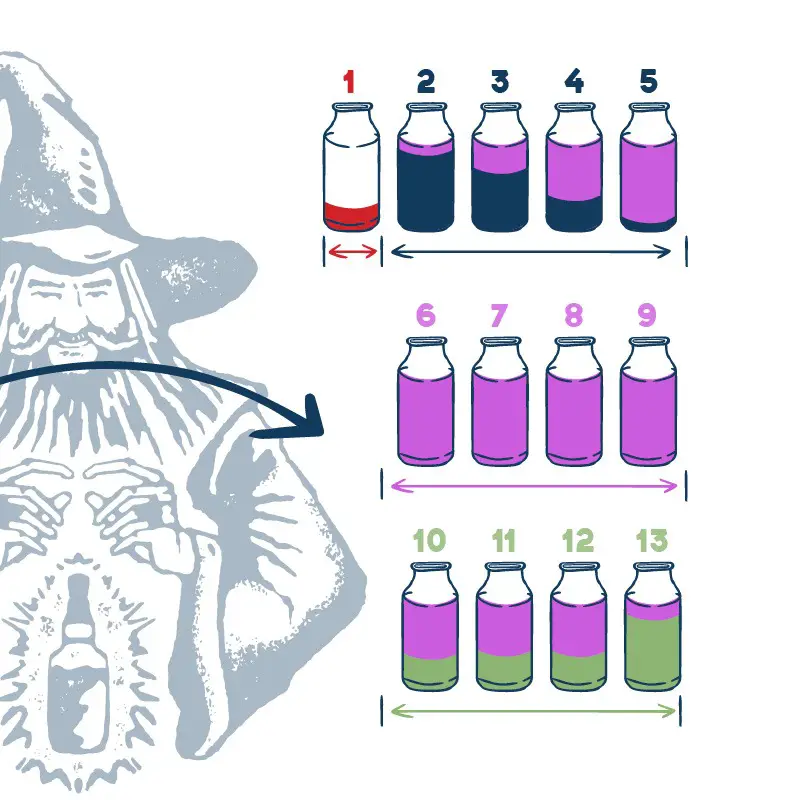How to make gin at home without distillation?
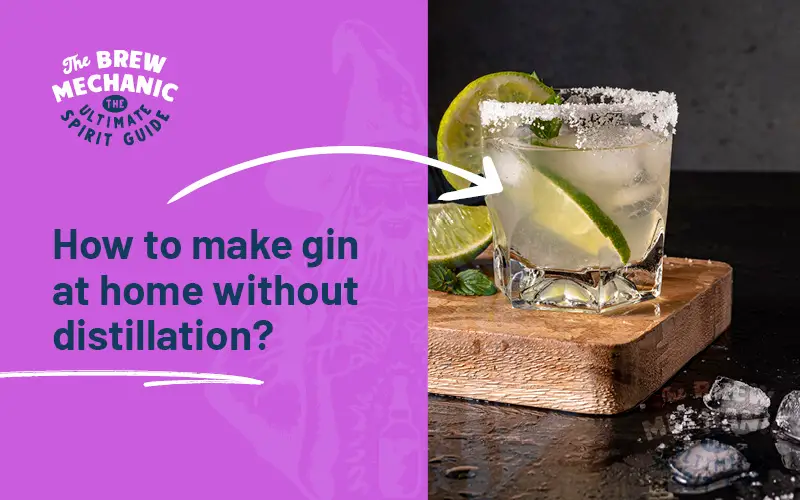
Disclaimer: This post might include affiliate links, through which I may earn a small commission without any extra cost to you. Additionally, I am an Amazon Associate and earn from eligible purchases. All the products and services I suggest are ones I have personally used or would use. Thank you very much for your support if you decide to buy through any of my links!
Come join the Distilling Squad!
Get the best fundamental tips & tricks here. Woohoo!
Not all of us have the distillation equipment. Learning how to make gin at home without the complex distilling equipment can be done!
Well, there is a simpler method for homemade gin. This approach involves infusing a base spirit with a selection of botanicals to create a personalised gin experience. Below, we outline the steps to make your homemade gin using this method.
The process is easy and it is fun to experiment with flavours from the comfort of your kitchen. Here’s how to go about it:
Step-by-Step Guide on how to make gin at home
1. Select a Base Neutral Spirit
2. Sterilise Your Equipment
3. Choose Your Botanicals
4. Infuse the Botanicals
5. Add Spirit or Vodka
6. Store in a Dark Place
7. Wait and Taste
8. Final Touches
Make your DIY gin recipe!
Whether you prefer a classic flavour profile with a strong juniper presence or something more experimental.
The process remains the same: simple, enjoyable, and personal. Taste the infusion that you create!
Learning how to make gin at home without distillation is a rewarding experience. This method allows for customisation, enabling you to craft a gin that is uniquely yours.
You may even inspired to become a new distiller by understanding how to make a batch or mash for distilled gin. You create a compound gin for friends and family!
By following the steps outlined above, you can create your perfect gin cocktails or gin and tonic for a relaxing afternoon.
Last Updated on Feb 07, 2024 by The Brew Mechanic
Disclosure: I may receive affiliate compensation for some of the links below at no cost to you if you decide to purchase a product or service. You can read our affiliate disclosure in our privacy policy. The information provided is for entertainment only.

With 35 years of knowledge of being a chemical engineer in alcohol manufacturing plants, my mission is to teach the next generation of home distilling alcohol brewers at a supernatural speed.
My reviews are based on real-life experiences with reflux stills, sugar wash, troubleshooting and mystical chemical reactions.
